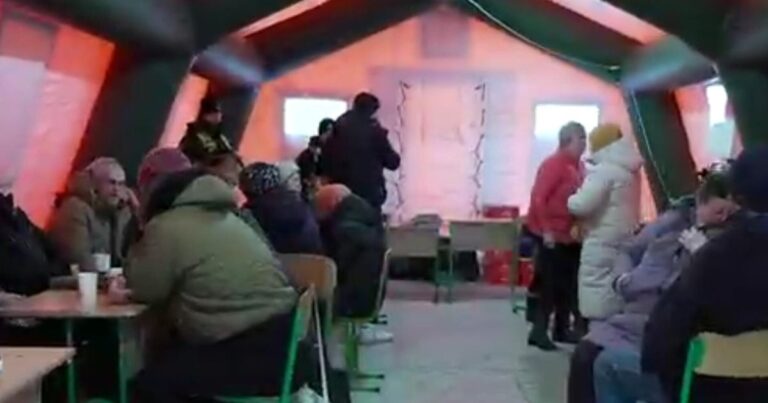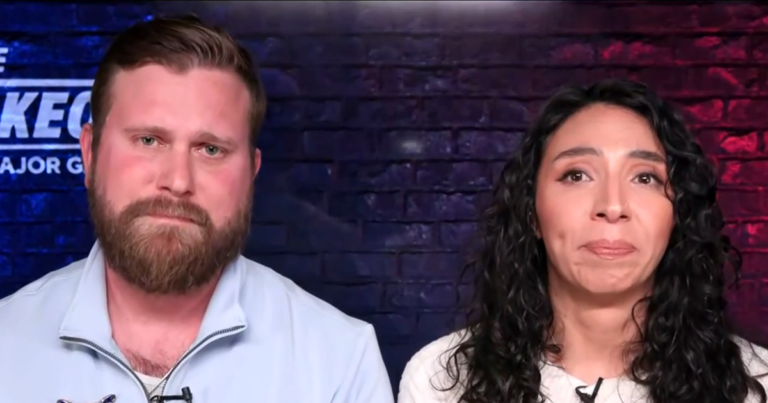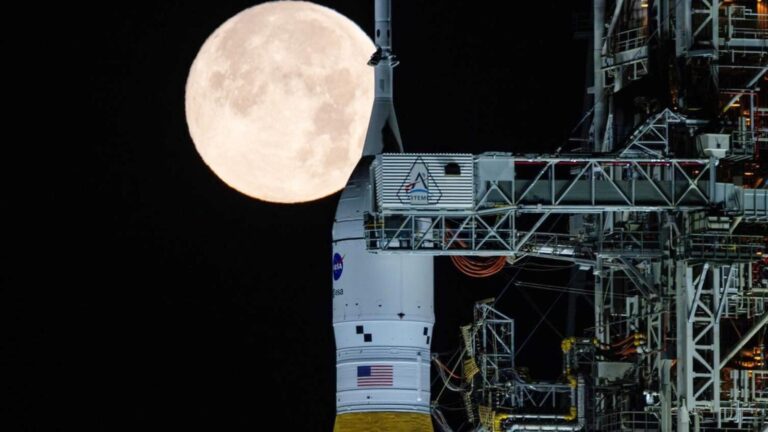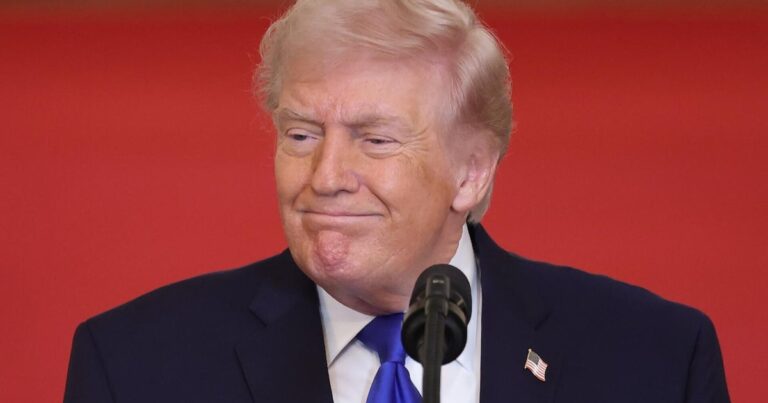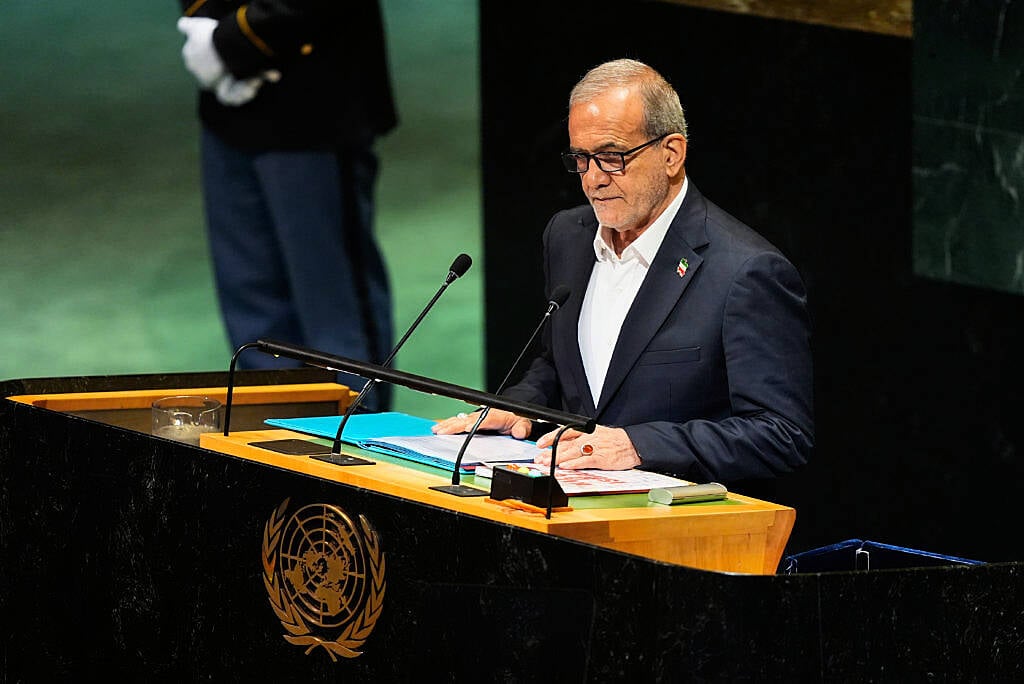
**Iranian President Masoud Pezeshkian Blames US and Israeli Attacks for Collapse of Peace Negotiations**
Addressing world leaders at the United Nations General Assembly, Iranian President Masoud Pezeshkian placed blame on US and Israeli attacks for delivering a severe blow to peace negotiations. Tehran now braces for the reinstatement of sanctions next week, unless a last-minute diplomatic breakthrough occurs.
Hours before his speech, Iran’s rial currency plummeted to a new all-time low, reflecting growing economic pressures amid mounting tensions.
Mr. Pezeshkian’s remarks marked his first appearance before a global forum since the 12-day Israel-Iran conflict over the summer. The confrontation led to the assassination of several of the Islamic Republic’s highest military and political leaders and shattered weeks of negotiations with the United States.
“They falsely presented themselves as parties of good standing to the agreement, and they disparaged Iran’s sincere efforts as insufficient,” President Pezeshkian said during his address.
**A Moderate Voice Amid Rising Tensions**
Speaking in New York, Mr. Pezeshkian, considered a moderate politician within Iran’s political landscape, recounted the events of June.
“Ladies and gentlemen, you all bore witness that this past June, my country was subjected to a savage aggression and flagrant contravention of the most elementary principles of international law,” he declared.
Tehran is currently trying to engage in last-minute talks with European nations to prevent the upcoming reimposition of UN sanctions on Iran’s nuclear program. However, these diplomatic efforts were overshadowed even before Mr. Pezeshkian’s arrival in the US.
Supreme Leader Ayatollah Ali Khamenei publicly rejected any direct nuclear talks with America in a speech delivered on Tuesday.
“The US has announced the results of the talks in advance,” Khamenei said. “The result is the closure of nuclear activities and enrichment. This is not a negotiation. It is a diktat, an imposition.”
**Snapback Sanctions Loom**
France, Germany, and the United Kingdom triggered the so-called snapback mechanism to reinstate sanctions, citing Iran’s failure to comply with the conditions of the 2015 nuclear deal designed to prevent Tehran from developing nuclear weapons.
The snapback process is designed to be veto-proof at the United Nations and initiates a 30-day window for resuming sanctions. This window ends Sunday unless a diplomatic resolution is reached.
European nations have indicated their willingness to extend the deadline if Iran resumes direct negotiations with the US, grants UN nuclear inspectors access to its sites, and accounts for more than 400 kilograms of highly enriched uranium currently held, according to the UN watchdog.
Iran remains the only country in the world enriching uranium up to 60%—a technical threshold just short of weapons-grade levels—without possessing an active nuclear weapons program.
**Criticism of European Nations**
During his UN speech, Mr. Pezeshkian criticized the E3 (France, Germany, and the UK) for acting in bad faith over the years and attempting to dictate Iranian compliance with a deal abandoned by the US in 2018.
“They falsely presented themselves as parties of good standing to the agreement, and they disparaged Iran’s sincere efforts as insufficient,” he reiterated.
Should no diplomatic deal be found this week, sanctions will automatically snap back on Sunday. These measures will freeze Iranian assets abroad, halt arms deals with Tehran, and penalize the development of Iran’s ballistic missile program, among other restrictions—further squeezing an economy already struggling under pressure.
**Ongoing Nuclear Cooperation Challenges**
Earlier this month, the UN nuclear watchdog and Iran signed an agreement, mediated by Egypt, to pave the way for resuming cooperation and relaunching inspections of Iran’s nuclear facilities. However, this agreement has yet to be fully implemented.
In July, Mr. Pezeshkian signed a law passed by Iran’s parliament that suspended all cooperation with the International Atomic Energy Agency (IAEA). This move followed the 12-day war with Israel in June, during which Israel and the US reportedly bombed Iranian nuclear sites.
Iran has long maintained that its nuclear program is peaceful, though Western nations and the Vienna-based IAEA assess that Tehran had an active nuclear weapons program until 2003.
**Supreme Leader’s Stance**
Ayatollah Khamenei reiterated on Tuesday that Iran does not seek atomic bombs. “Science will not be demolished by threats and bombing,” he added.
As the deadline for sanctions looms, the world watches closely to see whether diplomacy can prevail or if tensions will escalate further.
https://www.breakingnews.ie/world/irans-president-says-attacks-inflicted-grievous-blow-on-global-trust-1810511.html
